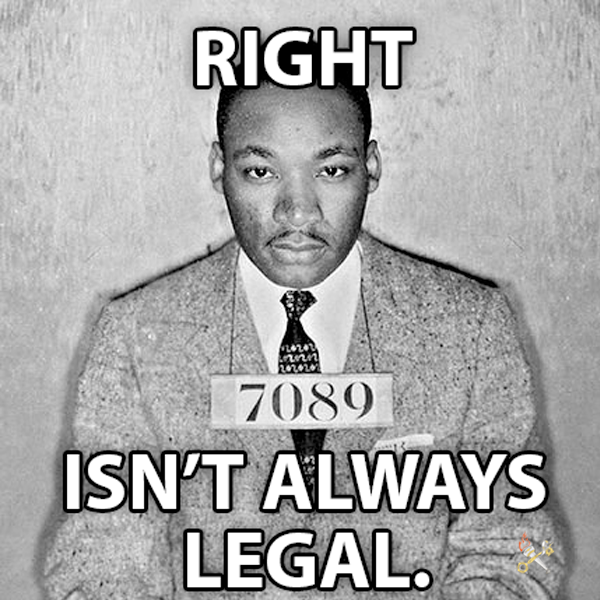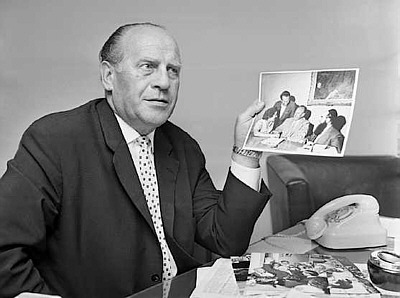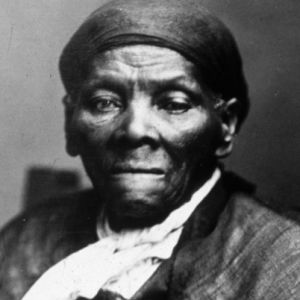| 1. |
 martin luther king jr.
martin luther king jr.
King was arrested 29 times for non-violently protesting unjust laws. Right isn't always legal.
|
|
| 2. |
mohandas gandhi
Employing nonviolent civil disobedience, Gandhi led India to independence and inspired movements for civil rights and freedom across the world.
|
|
| 3. |
 oskar schindler
oskar schindler
an ethnic German industrialist, spy, and member of the Nazi Party who is credited with saving the lives of 1,200 Jews during the Holocaust by employing them in his enamelware and ammunitions factories, which were located in occupied Poland and the Protectorate of Bohemia and Moravia.
|
|
| 4. |
thomas more
On 13 April 1534, More was asked to appear before a commission and swear his allegiance to the parliamentary Act of Succession. More accepted Parliament's right to declare Anne Boleyn the legitimate Queen of England, but he steadfastly refused to take the oath of supremacy of the Crown in the relationship between the kingdom and the church in England. Holding fast to the teaching of papal supremacy, More refused to take the oath and furthermore publicly refused to uphold Henry's annulment from Catherine. Henry VIII had him killed for the offense.
|
|
| 5. |
 harriet tubman
harriet tubman
an African-American abolitionist, humanitarian, and during the American Civil War, a Union spy. Born into slavery, Tubman escaped and subsequently made about thirteen missions to rescue approximately seventy enslaved family and friends,[1] using the network of antislavery activists and safe houses known as the Underground Railroad. She later helped John Brown recruit men for his raid on Harpers Ferry, and in the post-war era struggled for women's suffrage.
|
|
| 6. |
rosa parks
On December 1, 1955, in Montgomery, Alabama, Parks refused to obey bus driver James F. Blake's order to give up her seat in the colored section to a white passenger, after the white section was filled and subsequently went to jail for it.
|
|